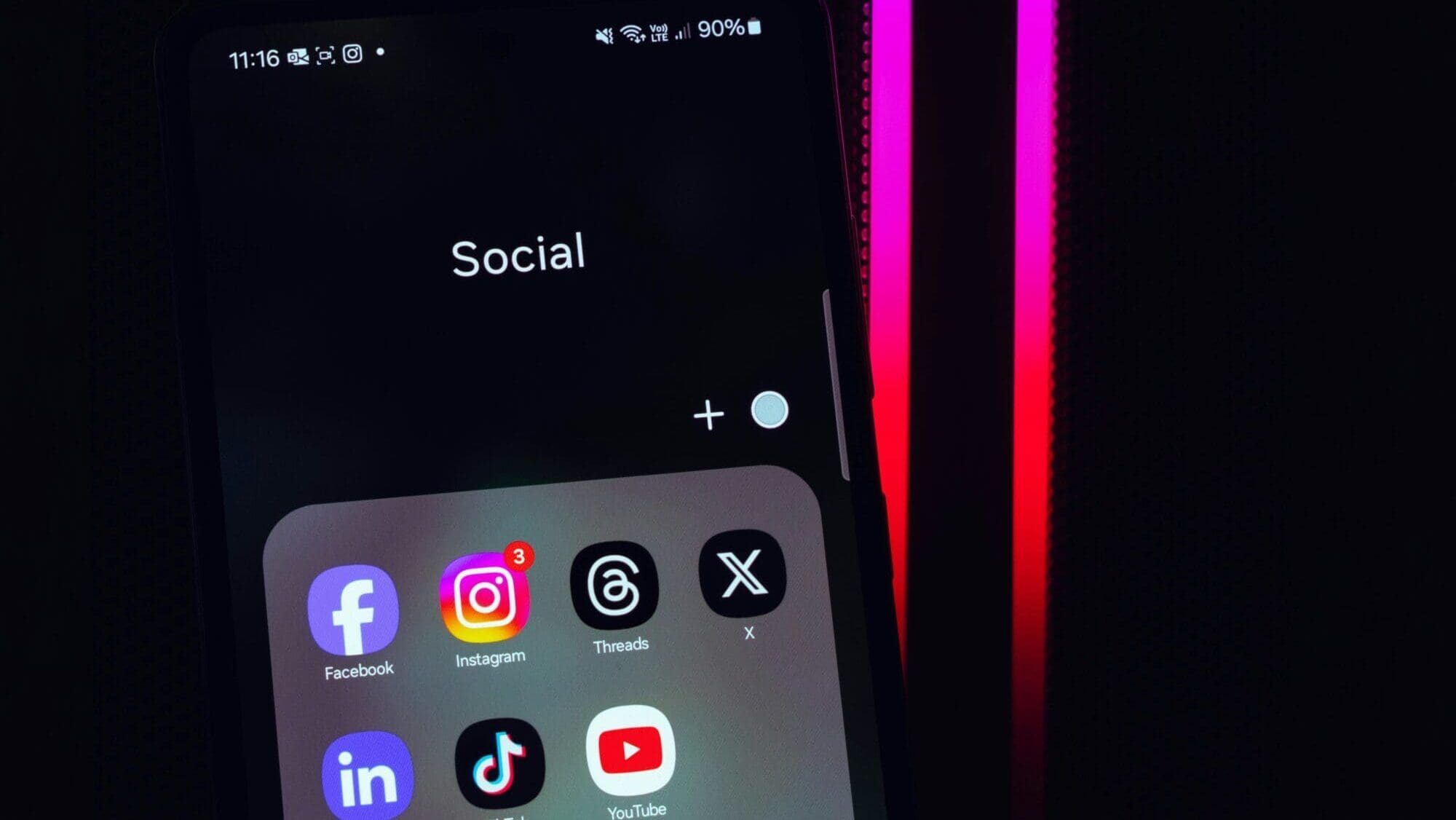
Photo: Panos Sakalakis on Unsplash
More evidence has emerged that the recent rioting across Britain—prompted by the killing of three young girls and the injuring of others in last month’s Southport stabbing—is being used as a pretext for further limiting freedom of speech.
As demonstrators took to the streets last week, the director of public prosecutions of England and Wales highlighted that “dedicated police officers” had been assigned to “scouring social media” for “insulting or abusive” material, “and then [to] follow up with arrests.”
'We do have dedicated police officers who are scouring social media to look for this material, and then follow up with arrests.'
— Sky News (@SkyNews) August 7, 2024
The director of public prosecutions of England and Wales warns that sharing online material of riots could be an offencehttps://t.co/PYaeP7gPAQ pic.twitter.com/kOGWDPrlyz
He made it clear that the intent of those social media users was beside the point—that “people might think they’re not doing anything harmful [but] they are. And the consequences will be visited upon them.”
Silkie Carlo, who is director of civil liberties group Big Brother Watch, has been particularly critical of monitoring by the secretive government agency used to keep tabs on anti-lockdown campaigners during COVID, now rebranded as the ‘National Security Online Information Team.’ She pointed to the body’s “chilling track record of monitoring the lawful and accurate speech of journalists, scientists, parliamentarians, human rights advocates, and members of the public.”
Sir Keir Starmer’s Labour government is also considering forcing tech companies to ban ‘fake news’ under new social media laws. This could see posts being forcibly removed even—as The Daily Telegraph highlighted—“if they do not meet the threshold for illegality.”
The government’s own X account last Thursday told social media users to “think before you post,” linking to a message from the Crown Prosecution Service noting that “content that incites violence or hatred isn’t just harmful—it can be illegal.” The government workers behind the post clearly didn’t do enough thinking themselves, and were forced to release an edited version after failing to include punctuation in their first attempt.
Responding to Starmer’s actions during the riots, political academic Matthew Goodwin wrote that “much like we saw when a radical Islamist murdered Sir David Amess, when what should have been a national debate about how to squash radical Islamism turned into an utterly bizarre debate about ‘online safety,’
Labour and the elite class are using the unrest to launch a further crackdown on free speech and, ultimately, democracy.
And the Free Speech Union has complained that rather than urging for this fundamental right to be protected, “many politicians, journalists and academics are cheering [the prime minister] on.”
THREAD🧵It's now clear Sir Keir Starmer intends to use the riots as an excuse to clamp down on one of our most fundamental human rights: the right to free speech. Many politicians, journalists and academics are cheering him on… pic.twitter.com/zYQdmFZbIj
— The Free Speech Union (@SpeechUnion) August 12, 2024
Former Scottish First Minister Humza Yousaf has, for example, branded X owner as “one of the most dangerous men on the planet” for his efforts to uphold free speech on social media.
Attempts to limit the scope of online speech are, of course, not new. Reports in 2017 said that police were arresting nine people a day for posting allegedly offensive messages online. But depending in part on how well tech bosses hold out against officials, they could soon result in far more ‘non-crime’ arrests than we have seen before.
